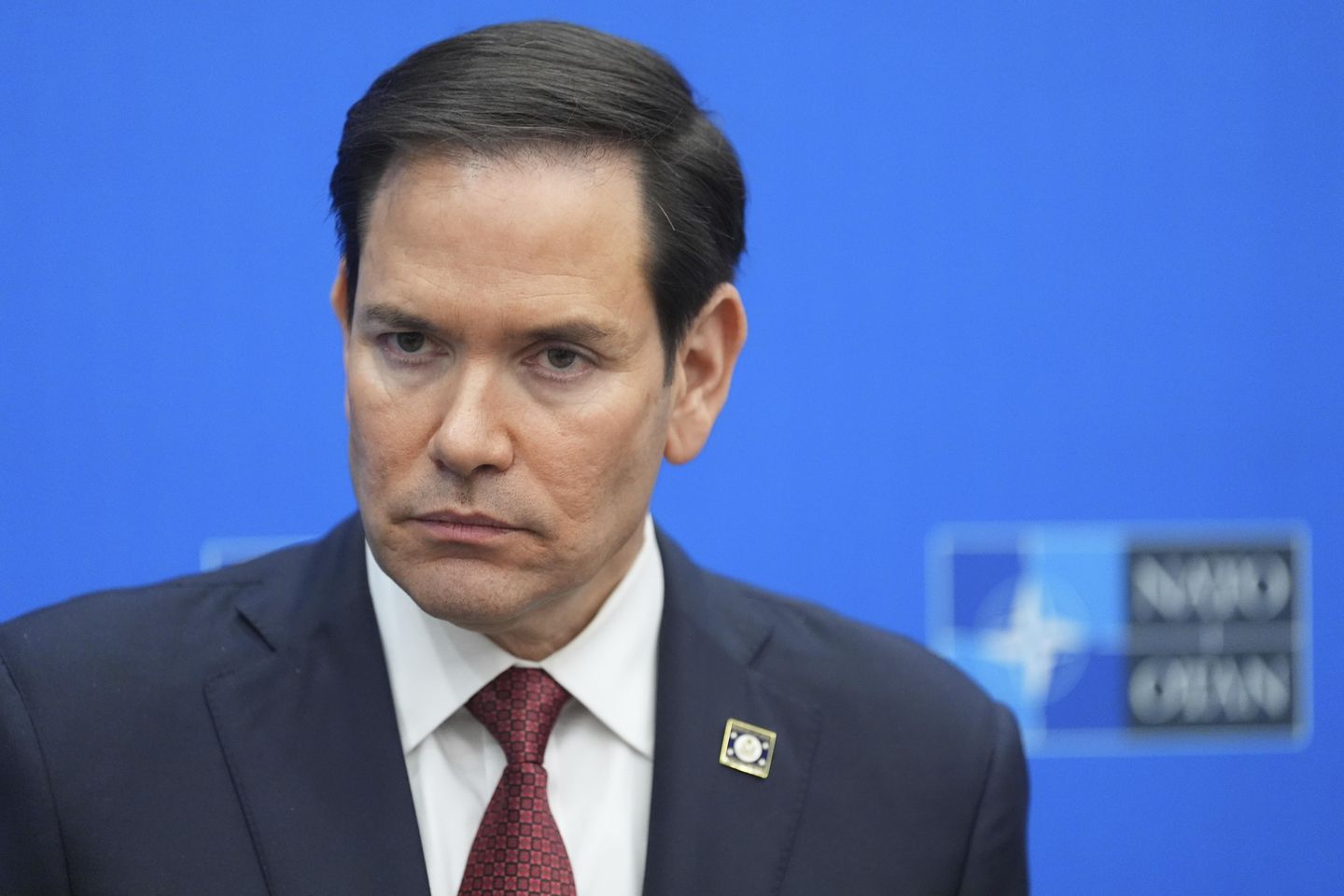
Don’t miss the full story from our staff writers, whose reportage is the basis of this article.
The U.S. State Department has launched an aggressive campaign to revoke visas for hundreds of thousands of Chinese students currently studying in American universities, citing national security concerns over alleged technology theft and espionage activities. Secretary of State Marco Rubio announced the policy as part of an “America first” approach, targeting students with connections to the Chinese Communist Party or those studying in critical university fields.
The crackdown affects an estimated 270,000 Chinese students at American universities. U.S. security officials claim these students are being used by the Chinese Communist Party to obtain American research, intellectual property, and technology that could enhance China’s military capabilities. A 2018 White House report estimated annual losses from Chinese intellectual property theft between $180 billion and $540 billion.
State Department spokeswoman Tammy Bruce indicated that Chinese students have also been linked to intelligence-gathering operations and harassment of Chinese dissidents. The policy has gained strong support from congressional Republicans, with Rep. John Moolenaar, chairman of the House Select Committee on the Chinese Communist Party, describing America’s student visa system as “a Trojan horse for Beijing.”
A new report by the CCP Biothreats Initiative reveals that Chinese students in the U.S. are organized through student and scholar associations funded and controlled by Beijing. These groups, known as CSSAs, operate under guidance from Chinese consulates and serve as conduits for advancing Beijing’s political narratives while monitoring overseas Chinese communities.
The targeted universities include major institutions such as the University of Michigan, Cornell University, Purdue University, University of Southern California, UCLA, Ohio State University, Columbia University, UC Berkeley, Penn State, and others engaged in high-technology research.
Beijing has strongly condemned the visa revocations, with Foreign Ministry spokeswoman Mao Ning calling them “politically motivated and discriminatory,” claiming they damage America’s reputation for freedom and openness. The pro-China Committee of 100 also criticized the policy, warning of adverse effects on colleges, research institutions, and scientific discovery.
Chinese students affected by the policy express confusion and concern about their futures. Some compare the measures to the 19th-century Chinese Exclusion Act, while others are reconsidering their plans to remain in the United States. The policy represents part of the Trump administration’s broader effort to tighten controls over access to the United States and counter what officials describe as decades of insufficient vigilance against Chinese Communist Party influence in American academic institutions.
Read more: State Department begins revoking Chinese student visas over security concerns
This article is written with the assistance of generative artificial intelligence based solely on Washington Times original reporting and wire services. For more information, please read our AI policy or contact Ann Wog, Managing Editor for Digital, at awog@washingtontimes.com
The Washington Times AI Ethics Newsroom Committee can be reached at aispotlight@washingtontimes.com.












